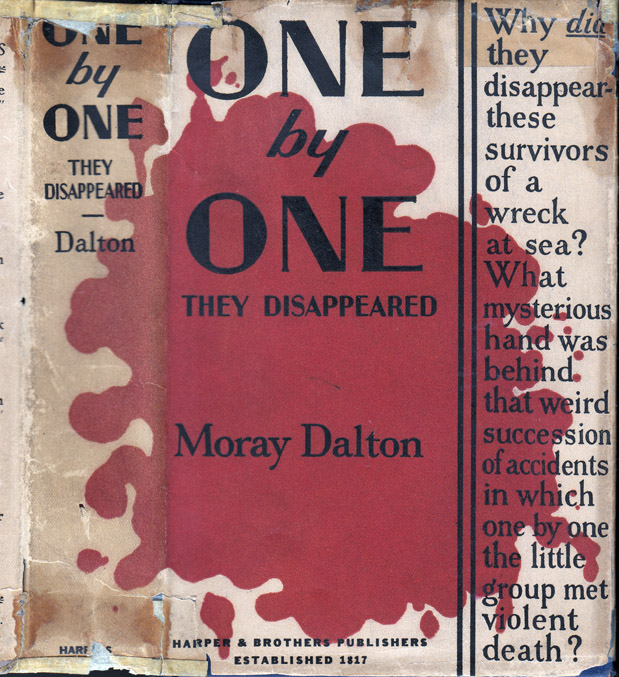This week's Top Five Wednesday challenge is to list five books set by the ocean. Though I think it was intended as a summery topic, mine aren't exactly that. Here are the five from my shelves.
Wednesday, June 28, 2023
Top Five Wednesday: Seaside
Monday, June 26, 2023
Word of the Week: Heyday
"Word of the Week" is a meme hosted by the Plain-Spoken Pen on Mondays in which we share a word that we find entertaining, enlightening, edifying, or just plain fun to say!
You cannot call it love, for at your age
The hey-day in the blood is tame, it’s humble,
And waits upon the judgment.
Scarcely had they worked themselves into the quiet possession of a place, however, when her attention was claimed by John Thorpe, who stood behind her. "Heyday, Miss Morland!" said he. "What is the meaning of this? I thought you and I were to dance together."
Sunday, June 25, 2023
Fortune's Children by Arthur T. Vanderbilt II
 |
| Cornelius ("the Commodore") Vanderbilt |
Fortune's Children: The Fall of the House of Vanderbilt
Arthur T. Vanderbilt II
1989
4/5 stars
Two by Moray Dalton
Moray Dalton (1881-1963) is the penname of Katherine Renoir (née Dalton), a British author who published two well-received novels, Olive in Italy (1909) and The Sword of Love (1920), before turning to crime fiction in 1924. Other than the introduction (by crime fiction historian Curtis Evans) in these recently rereleased novels, I've been unable to find out any more about Dalton, nor can I find her photograph. I must agree with Evans that it is a shame Dalton's fiction was lost to the public for long.
One by One They Disappeared (1928) 4/5 stars
The Night of Fear (1931) 4/5 stars
Thursday, June 22, 2023
Three from the Golden Age
Side Note:
Tuesday, June 13, 2023
Top Ten Tuesday: Bookish Wishes
Top Ten Tuesday is a feature hosted by Jana at That Artsy Reader Girl.
Today's Top Ten Tuesday top is "Bookish Wishes", with the instructions to list the top ten books you wish you owned.
Monday, June 12, 2023
The Benson Murder Case by S. S. Van Dine
 |
| Willard Huntington Wright, 1888 – 1939 |
The Benson Murder Case
S. S. Van Dine
1926
4/5 stars
Word of the Week: Quidnunc
"Word of the Week" is a meme hosted by the Plain-Spoken Pen on Mondays in which we share a word that we find entertaining, enlightening, edifying, or just plain fun to say!
Thursday, June 1, 2023
May 2023 Wrap-Up
Books Read:
























%20a.png)